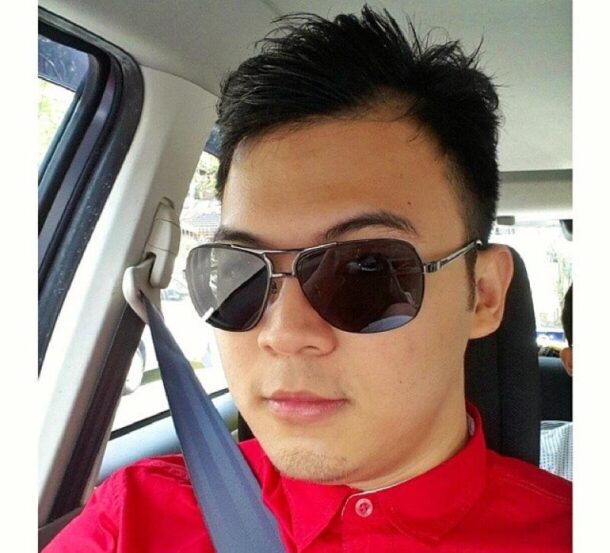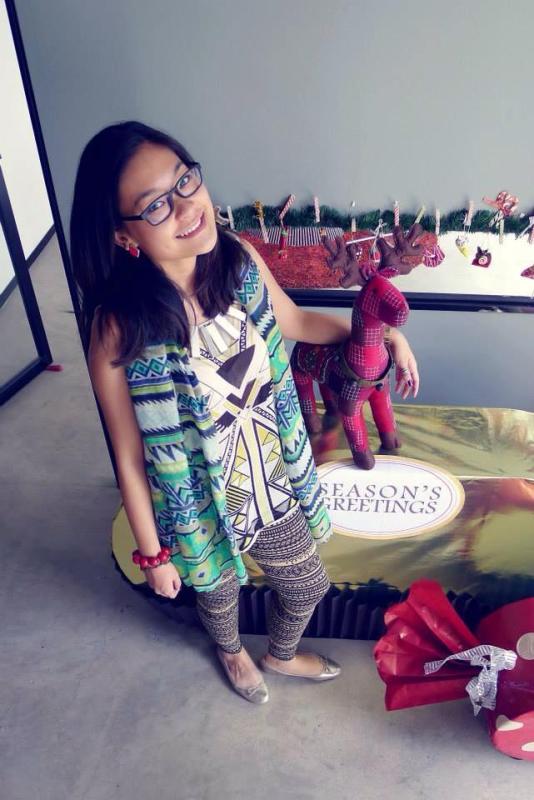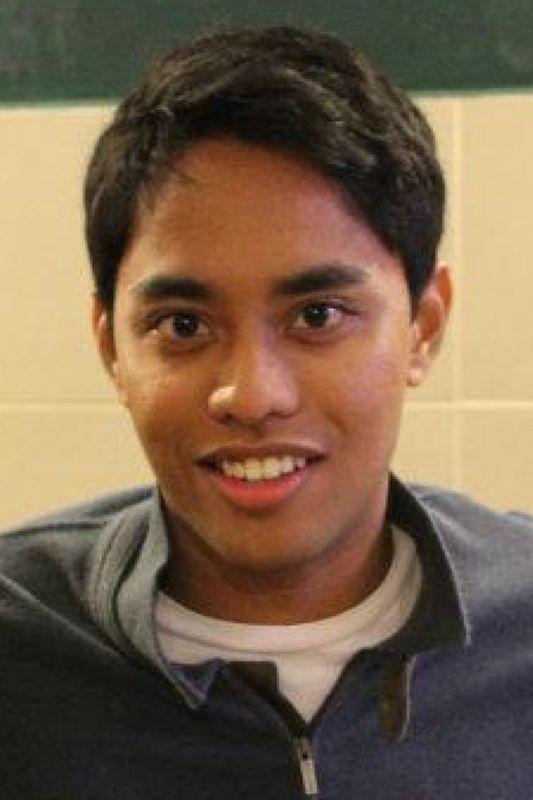By LIM MAY LEE
alltherage@thestar.com.my
AFTER the cancellation of day three of Future Music Festival Asia 2014 due to several drug-related deaths, many questions are being asked about the rave culture in Malaysia. How common are drugs at raves? Are drugs essential to the rave experience? Will banning future raves reduce drug use among young people?
Here’s what some of you had to say.
“Some say they take drugs to ‘feel’ the music. I would prefer that no one takes illegal substances in raves, because it is bringing a bad name to the community. This bad behaviour may result in all future raves getting banned. However, banning raves would not stop people from getting high. Education is the key to solving the drug issue. Lax security is also to blame for the recent cases of substance abuse in raves. I remember during my early raving days, security was much more stringent compared to recent days.” — Lim Eu Jin, 27, business development executive.
“Drugs are definitely a NO for me. But if any individual would like to try it, be smart and don’t over use it, or you will suffer the consequences.” — Ivan Tan, 24, chef.
“No one needs drugs to enjoy themselves. All you need is just a bunch of good friends. Taking drugs at parties is just an act that people think will help them have fun. The truth is we doesn’t need drugs to have crazy fun, we just need crazy fun friends and good music. Don’t mess with chemicals, period.” — Nikki Tan, 28, marketing executive.
“Banning raves is ridiculous. The drug problem should be tackled through education. Rave organisers should also tighten security, or run campaigns like #DanceSafe or similar, to create awareness.” — Bobby Hoo, 26, engineer.
“There are other ways to enjoy a rave, for instance, with the company of your friends and your love for music – and a little amount of booze. It’s all about appreciating music and uniting music lovers. I think organisers can prevent tragedies from happening by doing random drug tests at the entrance and tightening security. And public service announcements will raise awareness of the dangers of drug-taking, not banning raves. Druggies will always find another place to do their drugs. People should receive education regarding the dangers of drugs from a young age.” — Amelia Althea Wong, 27, graphic designer.
“Drug abuse is a serious matter. Drug Abuse Resistance Education (D.A.R.E.) helps empower individuals with knowledge and skills to make informed choices at parties – and in life. Rave organisers should be a part of the D.A.R.E. campaign, and to have more stringent checks for drugs. The heavy hand of the law can only be felt in so far as it is enforced. Cancelling a rave is only a temporary measure. More needs to be done to solve this problem, such as through education, and stricter customs checks to prevent smuggling of drugs into the country.” — Suzanne Ong, 26, student
“You don’t need to consume any kind of drugs to appreciate music. I certainly don’t. Organisers have to put more emphasis on security to deal with these drug pushers. They stop people from bringing illegal items at football matches, so why can’t they do it for concerts?” — Firdaus Ali, 27, student and musician.
“Drugs are a cerebral stimulant. They give users the illusion that they’re enjoying the music more, but it’s important to remember there’s always the risk of over-dosing. All drug effects take time to develop, and people tend to take more than one pill before the full effects hit them.” – Gavin Keashen Nair, 25, doctor.





Leave a reply